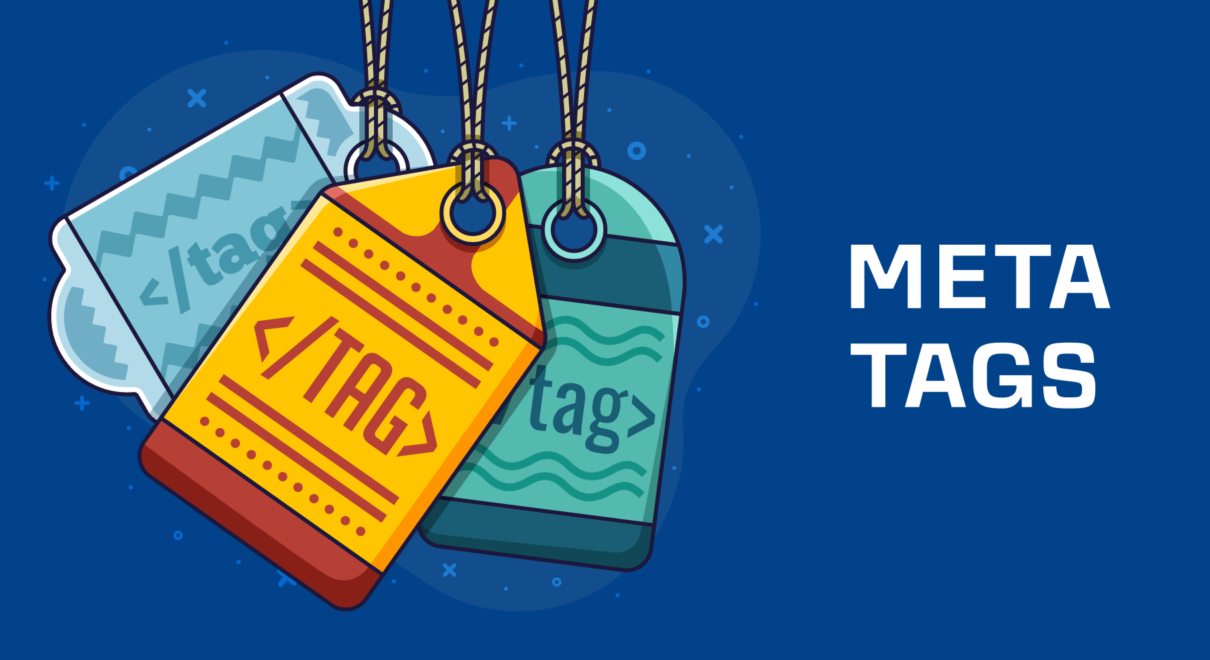Meta tags play a crucial role in the realm of web development, serving as hidden snippets of information that communicate with search engines and enhance the visibility of a webpage. In this article, we delve into the significance of meta tags and explore best practices to optimize their use.
Introduction
In the vast landscape of the internet, where billions of websites compete for attention, the effective use of meta tags can make a significant difference.
Meta tags are HTML elements that provide information about a webpage’s content to search engines and other online platforms.
They play a vital role in search engine optimization (SEO) and can impact a website’s visibility in search results.
Types of Meta Tags
- Title Tag: The title tag is arguably the most important meta tag. It defines the title of a webpage and appears as the clickable headline in search engine results. Crafting a compelling and concise title tag is essential for attracting users to click on your link.
- Meta Description Tag: The meta description tag provides a brief summary of the webpage’s content. While it doesn’t directly influence search rankings, a well-crafted meta description can entice users to click on your link by providing a glimpse of what they can expect.
- Meta Keywords Tag: Historically significant but now less influential, the meta keywords tag used to be a way for webmasters to specify relevant keywords. However, major search engines now primarily focus on content and other factors for ranking.
- Viewport Tag: With the rise of mobile devices, the viewport meta tag is crucial for ensuring a responsive design. It helps in adapting the webpage layout to different screen sizes, improving the user experience on mobile devices.
Best Practices for Meta Tags
- Relevance and Accuracy: Ensure that your meta tags accurately reflect the content of your webpage. Misleading meta tags can lead to a negative user experience and may result in penalties from search engines.
- Unique and Descriptive: Craft unique and descriptive title and meta description tags for each page. This not only helps search engines understand your content better but also provides users with clear information.
- Optimal Length: Keep title tags within 50-60 characters and meta descriptions within 150-160 characters for optimal display in search results.
- Regular Review and Updates: Stay proactive in reviewing and updating your meta tags. As your content evolves, ensuring that meta tags accurately represent your webpage is essential for ongoing SEO success.
Conclusion
In the ever-evolving landscape of the internet, meta tags remain a fundamental aspect of effective web development and search engine optimization.
By understanding their importance and implementing best practices, webmasters can enhance the visibility and appeal of their websites in the digital realm.





